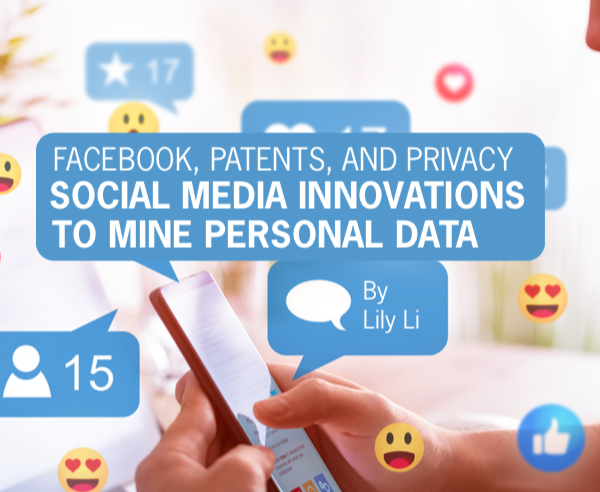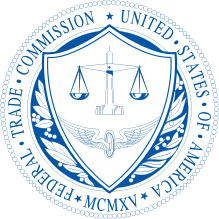Facebook, Patents, and Privacy: Social Media Innovations to Mine Personal Data
Social Media Patents & Privacy Data
[©2016. Published in GPSOLO, Vol. 37, No. 5, September/October 2020, by the American Bar Association. Reproduced with permission. All rights reserved. This information or any portion thereof may not be copied or disseminated in any form or by any means or stored in an electronic database or retrieval system without the express written consent of the American Bar Association or the copyright holder]
* Updated November 25 to include references to CPRA/ Prop24.
The episode “Nosedive” of the television series Black Mirror envisions a society built on social credit scores. In this dystopia, all social media networks have converged into one platform—think Facebook, TikTok, Yelp, and Equifax combined.
This umbrella social platform allows users to rate each other on a five-point scale after each social interaction. Those with a high score gain access to job opportunities, favorable zip codes, and even high-status relationships. Those with a low score have the social ladder kicked out from under them, leading to a downward cycle of estrangement—and in the case of Black Mirror’s protagonist, jail time.
While the society in “Nosedive” seems far-fetched, is the technology behind it plausible?
Facebook Patents That Impact Privacy
According to Facebook’s patents, the answer is a resounding “yes.”
In a series of filings spanning almost a decade, Facebook has obtained several patents that allow social media platforms to track, identify, and classify individuals in new and innovative ways. Below are just few.
Tracking individuals via dust. U.S. Patent No. 9485423B2, “associating cameras with users and objects in a social networking system” (filed September 16, 2010, patented June 25, 2013), allows social media networks to identify an individual’s friends and relationships by correlating users across the same camera. To do so, an algorithm analyzes the metadata of a photo to find a camera’s “signature.”
Continue Reading Facebook, Patents, and Privacy: Social Media Innovations to Mine Personal Data


